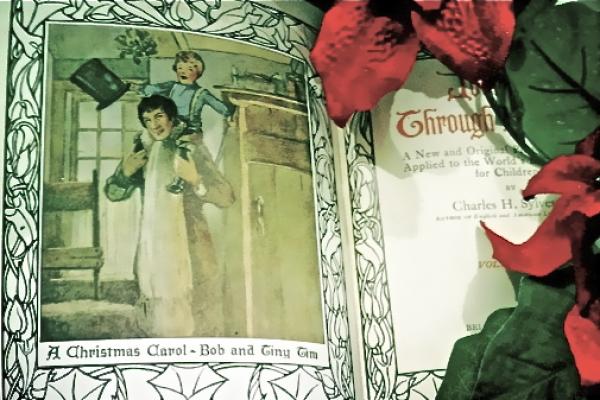Dec 23, 2011
An ebenezer is a reminder. It tells the story of God’s faithfulness and our repentance. It is a marker for transformation and conversion.
Dickens, I would assume, did not give Scrooge the first name “Ebenezer” without reason. While the word has fallen out of common use (the hymn “Come Thou Fount” is often sung now with the word “altar” in replace of “ebenezer”) it is still powerful with meaning.
“Ebenezer” is the marker that commemorates the moment that everything changed. In difficult times it is the reminder that what was true at the time of the original change, namely God’s faithfulness, is still true today.
Read the Full Article

Already a subscriber? Login
